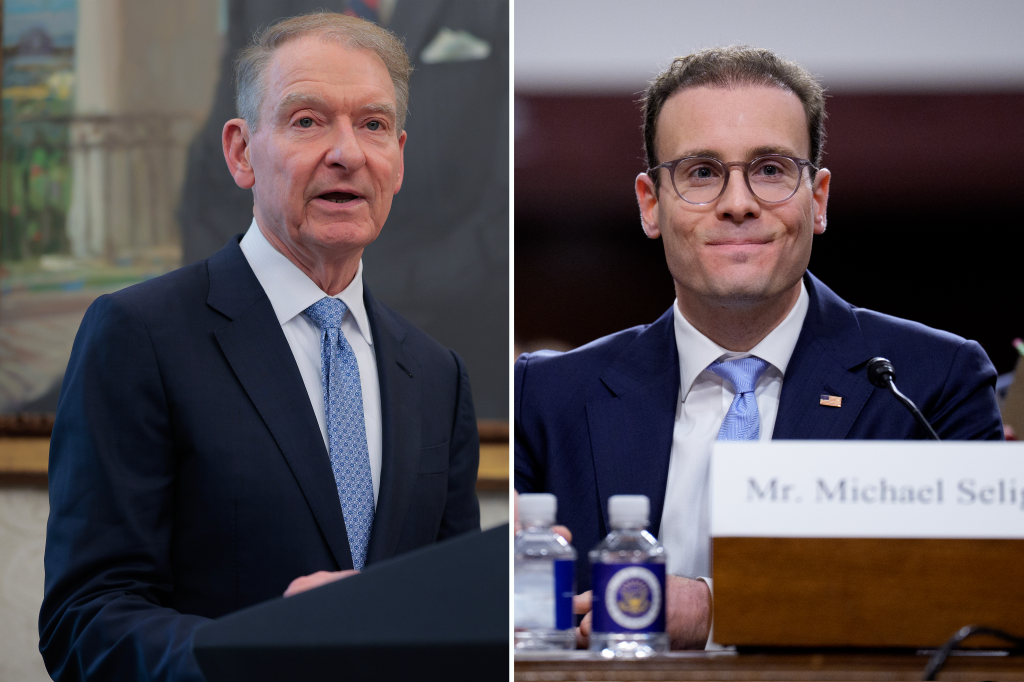New York might ban non-compete agreements for all but the highest earners, Governor Kathy Hokul has said. The bill as it exists now would apply to everyone regardless of compensation, but Hokul said it might contain a carveout for earners making $250,000 a year or more.
These agreements typically act to
Register for free to keep reading
To continue reading this article and unlock full access to GRIP, register now. You’ll enjoy free access to all content until our subscription service launches in early 2026.
- Unlimited access to industry insights
- Stay on top of key rules and regulatory changes with our Rules Navigator
- Ad-free experience with no distractions
- Regular podcasts from trusted external experts
- Fresh compliance and regulatory content every day













